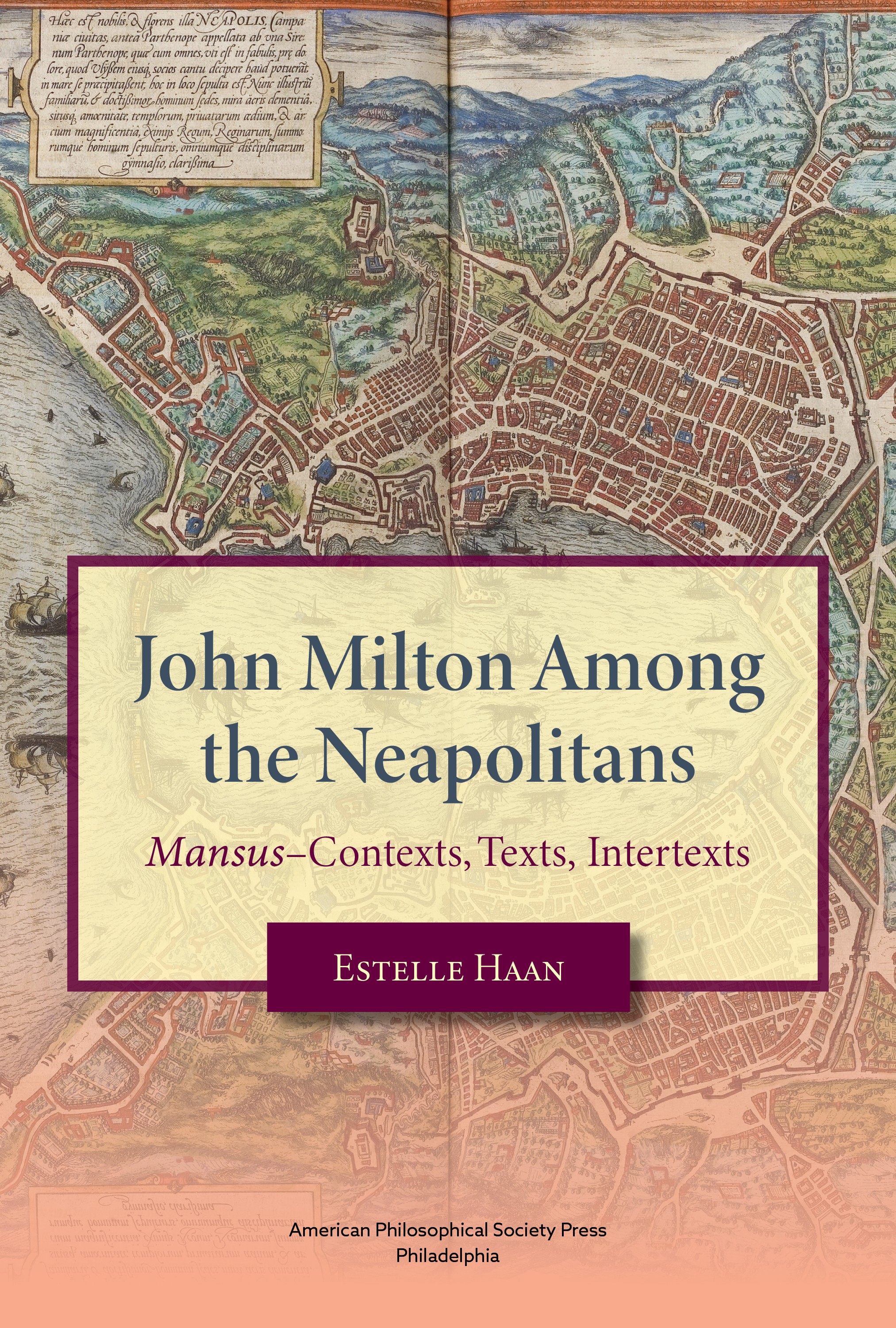John Milton Among the Neapolitans: Mansus–Contexts, Texts, Intertexts

This study maps the literary import of Naples on Milton in the course of his one-month sojourn and beyond. As the first book devoted solely to Mansus, arguably the most accomplished of Milton’s neo-Latin writings pertaining to his Italian period, it offers a series of fresh interpretations of the poem. It does so by situating it alongside Milton’s seemingly voracious reading of contemporary Italian literature while abroad; by assessing the poem’s academic, religious, topographical, and linguistic contexts; and by analyzing its classical, neo-Latin, Italian, and English intertexts. Read in these wider contexts, Mansus emerges as a polyvocal poem, a text about other texts, embracing not only its addressee’s Latin encomium composed in Milton’s honor, but also, and essentially, his published (and, possibly, unpublished) works. It also draws upon the writings of two Italian poets who benefitted from Manso’s care and patronage, namely, Torquato Tasso and Giambattista Marino, alongside whose precedent Milton unabashedly aligns his Neapolitan experience. Mansus is at times quasi-Tassonian in its appropriation of theories of friendship outlined in Tasso’s dialogue on the subject, its articulation of epic plans, and its potential recasting of scenes from Manso’s biography of the poet. At others, it is quasi-Marinesque in Milton’s self-appropriation of a cenotaph erected by Manso in his domestic chapel in Naples, in the succinct critique of L’Adone, contextualized in terms of reader response, and in the conceits of Marinism, mirrored in Milton’s inventive Latinity.
Estelle Haan is Emerita Professor of English and Neo-Latin Studies at Queen’s University, Belfast. She is the author or editor of sixteen books, including From Academia to Amicitia: Milton’s Latin Writings and the Italian Academies (American Philosophical Society, 1998), Both English and Latin: Bilingualism and Biculturalism in Milton’s Neo-Latin Writings (American Philosophical Society, 2012), and John Milton’s Roman Sojourns, 1638–1639: Neo- Latin Self-Fashioning (American Philosophical Society, 2020). She has also edited Milton’s Latin and Greek poetry in The Oxford Complete Works of John Milton: Volume III: The Shorter Poems (Oxford University Press, 2014) and his Epistolarum Familiarium Liber Unus and Uncollected Letters (Leuven University Press, 2019), winner of the John T. Shawcross Award of The Milton Society of America.
